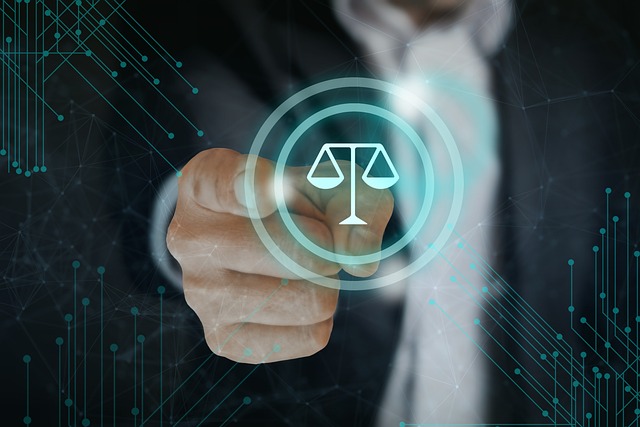Financial fraud, ranging from identity theft to complex investment schemes, significantly impacts individuals, businesses, and economic systems. Understanding these crimes is vital for legal professionals navigating the Criminal Procedure Appeal Process Explained, which safeguards public confidence in financial systems. Technological advancements, including machine learning and diverse data sources, have transformed fraud detection, enhancing accuracy, speed, and evidence analysis for jury trials. Knowing this process, especially in cases involving philanthropy and politics, is crucial for ensuring fairness, preventing wrongful outcomes, and maintaining the equitable administration of justice.
Financial fraud is a global concern, with sophisticated criminals continuously developing new methods. This article delves into the critical issue of fraud detection, exploring its various forms and significant impact on individuals and institutions. We examine advanced technological solutions that play a pivotal role in identifying fraudulent activities, enhancing security measures, and improving criminal procedure appeal processes. Understanding these tools and legal implications is essential for businesses and regulators to stay ahead of evolving fraud trends.
- Understanding Financial Fraud: Types and Impact
- The Role of Technology in Advanced Fraud Detection
- Legal Implications and Appeal Process for Fraud Cases
Understanding Financial Fraud: Types and Impact

Financial fraud encompasses a wide range of deceptive activities aimed at gaining illicit financial advantages. It’s a subtle and evolving practice that can take many forms, from identity theft and credit card scams to complex schemes involving investment manipulation and falsified documentation. These fraudulent acts have significant real-world consequences, impacting individuals, businesses, and even entire economic systems. The effects ripple through the financial landscape, causing loss of trust, destabilization of markets, and substantial financial burdens for victims.
Understanding the various types of financial fraud is crucial in the criminal procedure appeal process explained. It aids legal professionals in navigating complex cases involving white-collar offenses. By recognizing patterns and indicators, they can build stronger defenses, ensuring fairness and achieving extraordinary results while avoiding indictment. The impact of financial fraud extends beyond monetary losses; it erodes public confidence, necessitating robust detection mechanisms to safeguard the integrity of financial systems.
The Role of Technology in Advanced Fraud Detection

The evolution of technology has played a pivotal role in transforming financial fraud detection methods. Advanced systems now employ machine learning algorithms to analyze vast datasets, enabling them to identify patterns and anomalies indicative of fraudulent activities more efficiently than traditional methods. By leveraging data from various sources—including bank transactions, digital footprints, and biometric information—these technologies can pinpoint suspicious behaviors across the country, enhancing the accuracy and speed of fraud detection.
Moreover, technological advancements have streamlined the criminal procedure appeal process. With robust data analytics, investigators can build stronger cases, ensuring that only credible evidence reaches jury trials. This meticulous approach benefits both corporate and individual clients by fostering a more secure financial environment. The integration of technology in fraud detection not only revolutionizes traditional methods but also strengthens legal processes, making it easier to combat financial crimes effectively.
Legal Implications and Appeal Process for Fraud Cases

When a financial fraud case makes its way through the court system, understanding the legal implications and appeal process is paramount. The Criminal Procedure Appeal Process Explained varies across the country but generally involves multiple stages. Once a defendant has been convicted, they have the right to appeal, challenging the validity of their trial and potential errors made during the judicial proceedings. This process allows for a second look at the case, ensuring fairness and providing a safeguard against wrongful convictions.
The appeal process is not just about correcting legal technicalities; it’s also a mechanism to address issues related to white collar and economic crimes. Philanthropic and political communities often find themselves entangled in these cases, making the outcome significant for public trust and integrity. A thorough understanding of this process helps in navigating complexities, ensuring that justice is served equitably across all segments of society.
Financial fraud, a complex and evolving crime, demands a multi-faceted approach. By understanding various types and their impact, leveraging advanced technology in detection, and navigating the legal implications through the Criminal Procedure Appeal Process Explained, we can fortify our defenses against fraudulent activities. This comprehensive strategy ensures not only the integrity of financial systems but also justice for victims.






